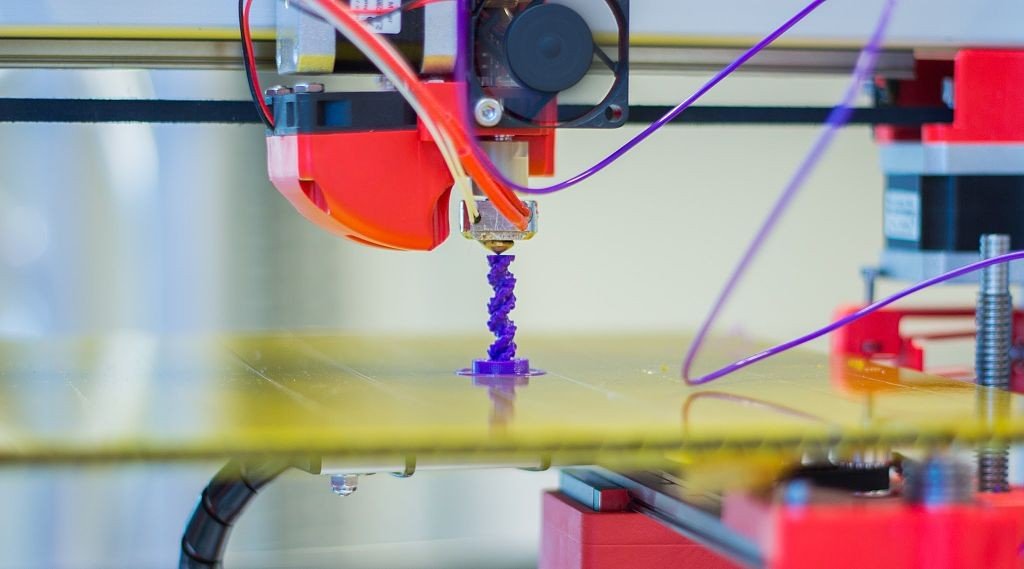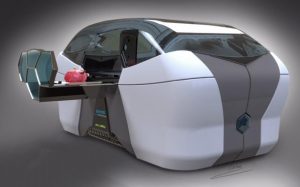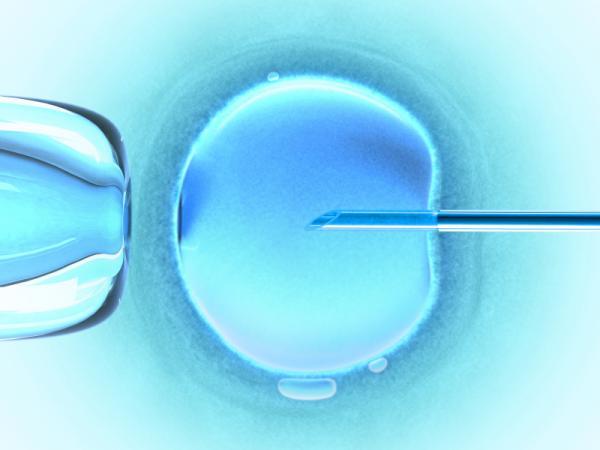Using plastics, nylon and metals to 3D print objects has already transformed the way companies around the world manufacture their prototypes and products. But the printing of stem cells – multicellular organisms capable of giving rise to more cells of the same type – provides for a much more serious application of the technology, one that could save many lives.
Israeli company Nano Dimension has successfully lab-tested a 3D bioprinter for stem cells, making it very possible that human tissue and organs can be manufactured using 3D printing in the not too distant future. 3D bioprinting is the process of creating cell patterns in a confined space using 3D printing technologies, where cell function and viability are preserved, creating tissue-like structures that are later used in the medical and tissue engineering fields.
SEE ALSO: 3D Print Your Own Homemade Superfood With Israeli Tech ‘Green Onyx’
In order to develop these high-quality cells, Nano Dimension turned to another Israeli startup, Haifa-based Accellta, to collaborate on the trial. The feasibility study confirmed that the combined know-how and technologies of the companies enabled printing of viable stem cells using an adapted 3D printer.
“3D printing of living cells is a technology that’s playing a significant role in medical research”
According to Nano Dimension CEO Amit Dror, “3D printing of living cells is a technology that is already playing a significant role in medical research, but in order to reach its full potential, for the field to evolve further, there is a need to improve printing speeds, print resolution, cell control and viability as well as cell availability and bio-ink technologies. By combining our high-speed, high-precision inkjet capabilities with Accellta’s stem cell suspension technologies and induced differentiation capabilities led by a world-renown group of experienced engineers and scientists, we can enable 3D printing at high resolution and high volumes.”
The companies will consider the formation of a new venture for these future solutions, and do not intend to invest significant capital directly to expand this activity. Such funds would be raised by and for the use of the joint venture.
SEE ALSO: Israeli 3D Printing Makes Life-Saving Blood Recycling Machine 96 Percent Cheaper
3D bioprinting enabled by the two companies’ technologies, means that Nano Dimension and Accellta have the potential to accelerate high-fidelity and high-viability manufacturing of living cellular products. Accellta’s unique, robust and reproducible suspension-based cell culturing systems produce billions of high-quality stem cells per batch and represent a transformative step in terms of stem cell production. Accellta’s technology can deliver large quantities of high-quality cells, which can be an enabler for printing even larger and more complex tissues – even whole organs in the future.
According to Accellta chairman and CEO Dr. Itzchak Angel, “Accellta and Nano Dimension have joined forces in this initial trial to evaluate and adapt the joint potential of our technologies. We hope and believe that this will bring the mutual capabilities and know-how of both companies to create 3D bioprinting solutions that combine a high precision, high-throughput printer with dedicated bio-ink technologies, derived from stem cells. By enabling high precision 3D bioprinting and differentiation of stem cells into required tissues, our combined technologies have the potential to enable vast areas of development.”
Photos: Courtesy
Related posts

Editors’ & Readers’ Choice: 10 Favorite NoCamels Articles

Forward Facing: What Does The Future Hold For Israeli High-Tech?

Impact Innovation: Israeli Startups That Could Shape Our Future






Facebook comments